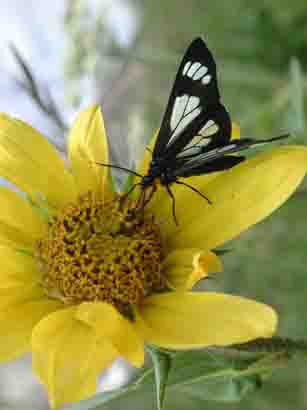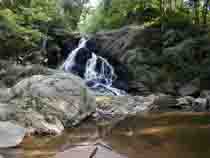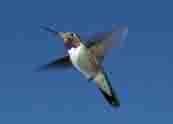Center for Biodiversity
Linking Basic Science and Human Impacts
The urgency to understand the origins and maintenance of biodiversity has never been greater. Humans rely on the web of life for food, fiber, building materials, medicines—as well as for life-sustaining fresh air and water. The University of Maryland’s Center for Biodiversity was launched to meet the need for training and research in this vital field.

To prepare the next generation of scientists for the environmental challenges that will arise during this century.

The Center for Biodiversity has three goals:
- To
foster the highest-quality research
on issues associated with the origins and maintenance of biodiversity,
- To
extend that expertise to help solve real-world
problems, and
- To train the next generation of scientific leaders with experience in both scientific research and its applications
The Center for Biodiversity is uniquely positioned to accomplish these goals. We have:
- A
large group of prominent, internationally recognized faculty whose high-profile
research concerns various aspects of biological diversity.
- Documented
experience in connecting cutting-edge basic science in ecology and evolutionary
biology with important societal issues in conservation, restoration
biology and agroecology.
- An
interdepartmental Ph.D. program (BEES: Behavior, Ecology, Evolution
& Systematics) that attracts top students. (See http://www.life.umd.edu/grad/BEES/.)
- A
master’s-level program in Sustainable Development and Conservation
Biology (CONS) that is one of the best in the nation. (See http://www.inform.umd.edu/CONS/.)
- A
proximity to federal, state, corporate and nongovernmental research
centers that offers partnering opportunities.
- A network bridging a broad range of topics, including biodiversity conservation, restoration of disturbed habitats and solutions to agricultural problems.
For more information, contact the Center’s director, Dr. Sara Via, at (301) 405-8941 or sv47@umail.umd.edu.
